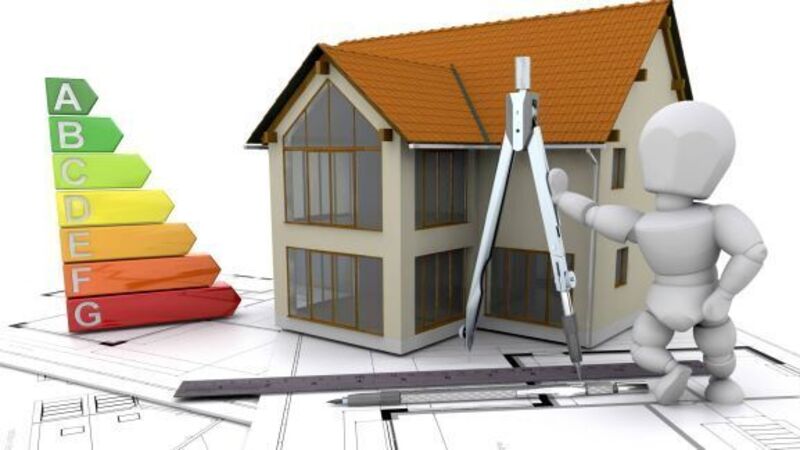BER home energy ratings ‘not reflected in fuel bills’

For while the building energy rating (BER) scheme that rates properties on a 21-point scale from A1 to G3 suggests at least a 10% saving in energy use can be achieved for each point moved upwards, savings in money terms are only about 1.6%.
The Economic and Social Research Institute says the reason is that the types of energy use measured by the BER are very limited and it cannot take account of the wide variations in household size.













